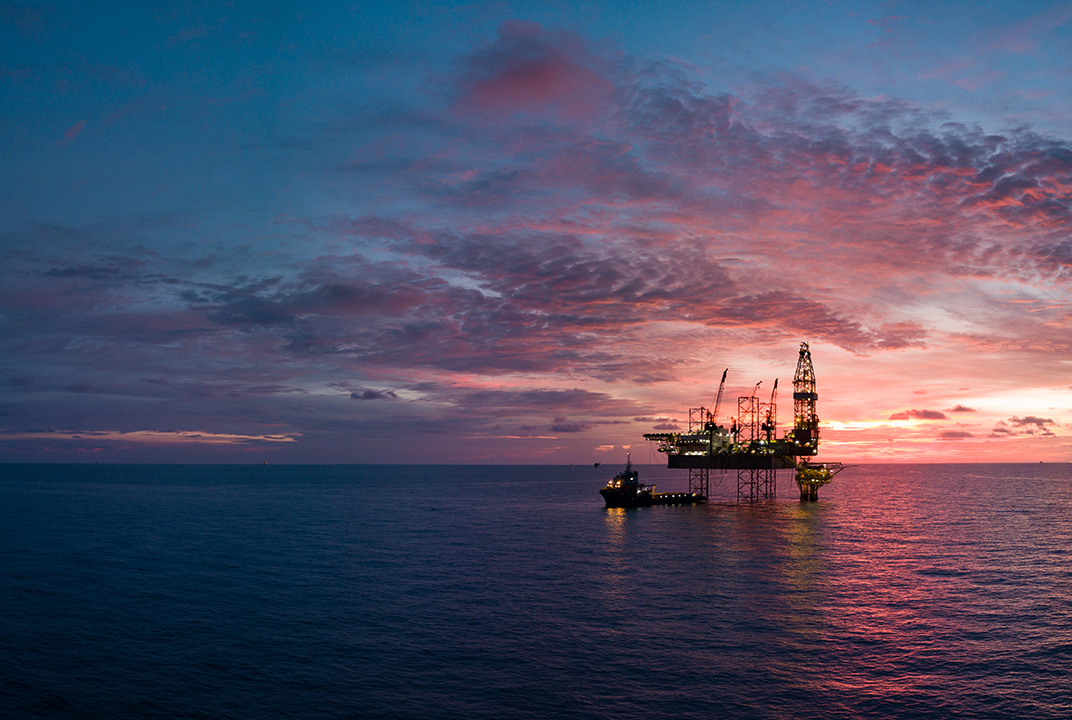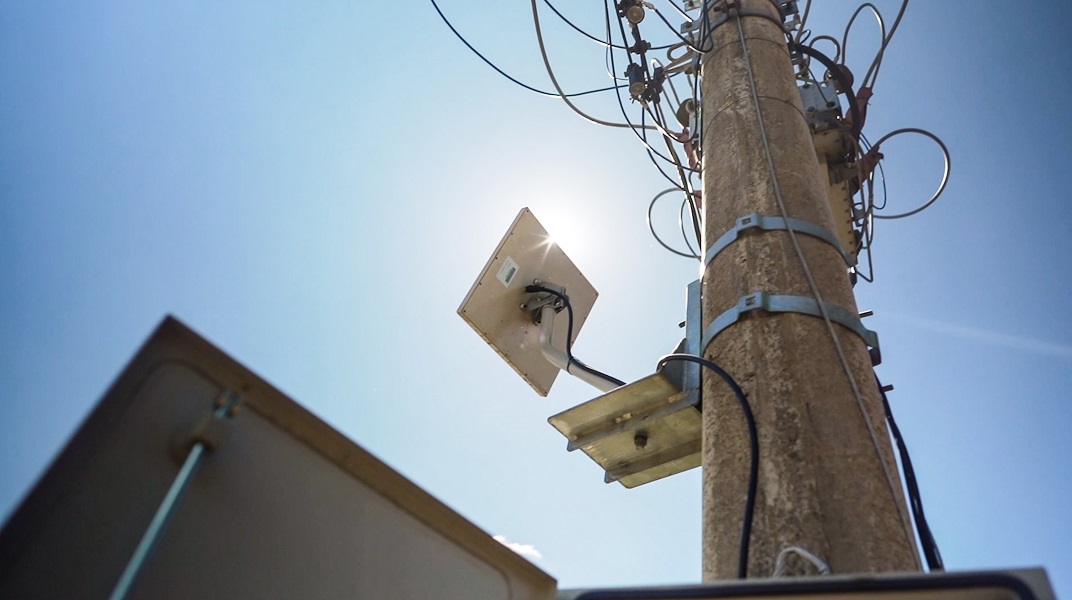The energy sector looks to IoT to streamline operational costs and boost profits, finds Inmarsat
Energy and utility companies believe IoT has the potential to streamline operations and increase profit margins
Global energy companies are actively investing in Internet of Things (IoT) technologies to optimise their operations and streamline business strategies in the hope of reducing expenditure and increasing profit. This is according to research by global mobile satellite company Inmarsat, which revealed that IoT’s ability to deliver cost savings is one of the biggest drivers for deployment in the sector.
Market research specialist Vanson Bourne interviewed 100 energy companies from across the world as part of Inmarsat’s ‘The Future of IoT in Enterprise’ report. The research found that 47 per cent of energy businesses cited identifying cost saving opportunities as one of their top priorities for the deployment of IoT, ahead of other drivers such as improving health and safety (37 per cent) and increasing automation (37 per cent).
In addition, energy businesses reported that the top benefit they expect to see from the deployment of IoT is greater workforce productivity (48 per cent), further underlining the important role that IoT will play in improving the profitability of operations within the energy sector.
Commenting on the findings, Gary Bray, Director of Energy at Inmarsat Enterprise, said: “The energy industry is at a fundamental crossroads. The volatility in the price of oil and rapid adoption of electric cars and renewable technology are just a couple of the factors putting serious pressure on some energy businesses’ margins.
“Rather than energy businesses extracting as much fuel as possible, we are increasingly seeing a focus on profitable volume, which can be extracted and distributed at the lowest possible cost to boost margins and improve profitability. It is no surprise therefore that oil and gas producers are looking to the technologies of digital transformation to help them reduce these extraction, distribution and operational costs.
“Rapid digitalisation of the sector will create an ‘Internet of Energy’ network that incorporates interconnected, intelligent measuring and monitoring systems with real-time visualisations of consumer usage data. This can be integrated into automation systems that instantly adapt to fluctuations in availability or demand and enable predictive maintenance of assets that will extend their lifespan, maximise resources and minimise wastage. With the oil price likely to stabilise at $62 per barrel through to the end of 2019,[1] a long way from its 2012 peak of $112,[2] energy businesses that embrace IoT and automation stand to gain a significant competitive advantage, operating with greater efficiency, lower costs and higher profitability.”
Bray concluded: “It is clear that IoT holds the key to unlocking huge cost savings for the energy sector. However, for energy companies to access the full benefits of IoT they must have reliable, robust communication networks that can gather data from remote, hostile environments and transmit it back to control centres for analysis. Locations such as offshore platforms, as well as more remote land-based rigs and infrastructure, may be outside the range of terrestrial networks, so energy businesses must look to satellite connectivity to gather the vital data that will optimise their operations and reduce their costs across the full chain of upstream activities.”
Satellite communication networks are optimised to deal with critical communications, providing the reliable and resilient connectivity that is fundamental to the successful deployment of IoT solutions. Inmarsat’s L-band satellite communication network can deliver truly global connectivity to any location and collect large volumes of data with 99.9% uptime, enabling energy companies to optimise their operations and focus on continued innovation.
[1] https://www.eia.gov/outlooks/steo/report/global_oil.php
[2] https://www.statista.com/statistics/262860/uk-brent-crude-oil-price-changes-since-1976/
FURTHER INFORMATION
About Inmarsat
Inmarsat is the leading provider of global mobile satellite communications services. Since 1979, Inmarsat has been providing reliable voice and high-speed data communications to governments, enterprises and other organisations, with a range of services that can be used on land, at sea or in the air. Inmarsat operates around the world, with a presence in the major ports and centres of commerce on every continent. Inmarsat is listed on the London Stock Exchange (ISAT.L).
The Inmarsat press release newsfeed and corporate updates are on @InmarsatGlobal.
About Inmarsat Enterprise
Inmarsat Enterprise is enabling the connected world. Focusing on the provision of satellite connectivity and IoT solutions for land-based businesses, Inmarsat Enterprise operates globally across a diverse set of sectors including agritech, aid and NGO, energy, media, mining and transport.
Spreckley
Edward Dodge/Fergus Lynch
Spreckley
+44 (0)20 7388 9988
inmarsat@spreckley.co.uk
Inmarsat
Jonathan Sinnatt
Director of Corporate Communications
+44 (0)20 7728 1935
jonathan.sinnatt@inmarsat.com

